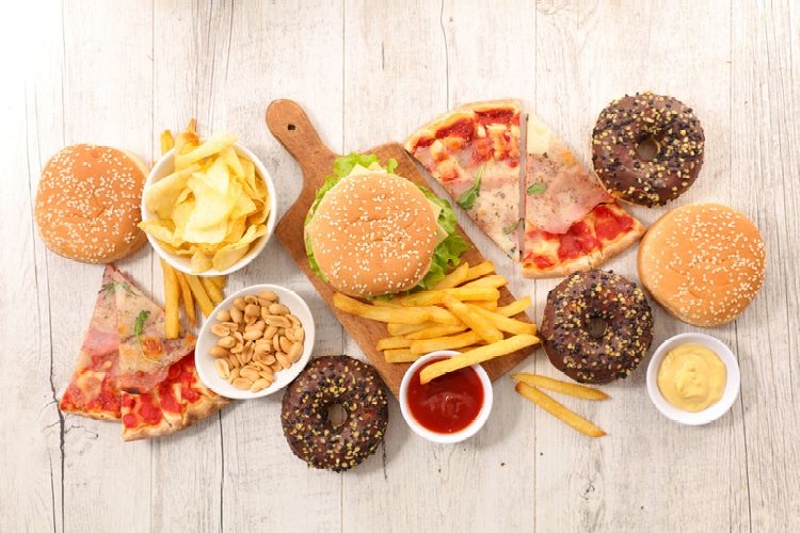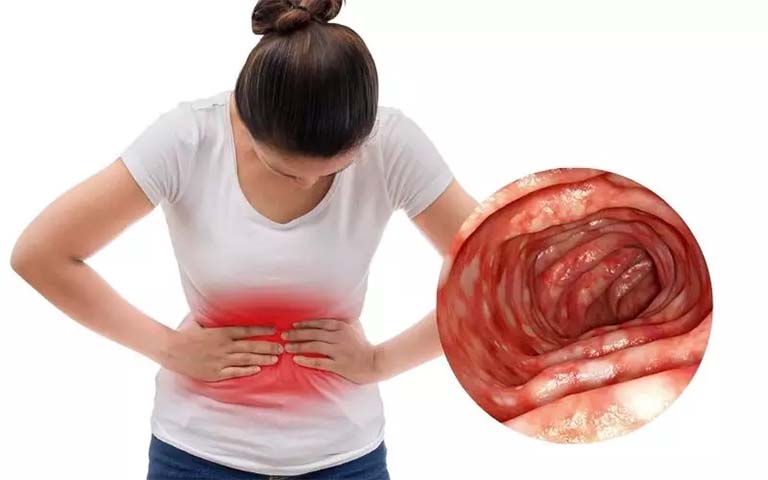
Diet is one of the most common causes of excessive gas. High-fiber foods like beans, broccoli, and onions, along with carbonated drinks and sugar alcohols found in sugar-free products, can increase gas. People with lactose or fructose intolerance may also experience more flatulence when consuming dairy or sweetened foods. Swallowing too much air—due to habits like chewing gum, eating quickly, or smoking—can contribute as well.

Food intolerances and digestive disorders can also cause excessive farting. Conditions like lactose intolerance, gluten sensitivity, IBS (Irritable Bowel Syndrome), and SIBO (Small Intestinal Bacterial Overgrowth) often lead to increased gas, bloating, and discomfort. GERD and pancreatic insufficiency may also play a role in abnormal gas production due to poor digestion or swallowing air frequently.
Certain medications can worsen flatulence, particularly antibiotics, fiber supplements, laxatives, and drugs like metformin. These can disrupt the gut microbiome or increase fermentation in the digestive tract, leading to more gas.

It’s important to consult a doctor if excessive farting is accompanied by bloating, abdominal pain, changes in bowel habits, fatigue, or weight loss. These could indicate more serious digestive conditions that require medical attention and testing.
To manage excess gas, individuals can keep a food diary, try a low-FODMAP diet, eat more slowly, and exercise regularly. Probiotics and digestive enzymes may also help. In some cases, doctors may order breath tests, stool tests, or even endoscopy to diagnose the root cause and offer effective treatment.
